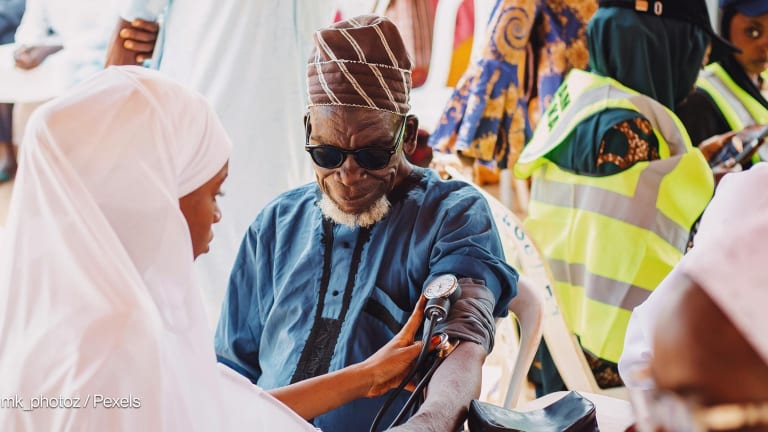The recent freezing of U.S. foreign aid and the dismantling of USAID represents the latest and most dramatic wave in a global trend of reduced government assistance. This shift is significant, but it also follows a thread of previous actions to reduce international development funding, which includes substantial cuts by other major contributors to foreign assistance, including the United Kingdom, Germany, Canada, and the Netherlands.
With USAID, the largest bilateral provider of development and humanitarian assistance, now shut down, the sector is entering a potential funding crisis. Social enterprises and NGOs may no longer be able to rely on traditional funding streams and are facing the reality of a world where 40% of international development spending may not be restored.
This crisis also creates an opportunity: To rethink the approach to financial sustainability, strategic value, and funding structures while other funding sources envision a more efficient and effective world in which the U.S. plays a lesser role.








